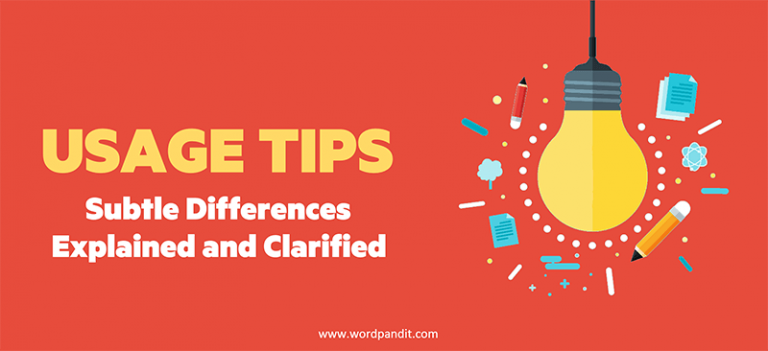All Ways vs. Always: Unraveling the Confusion ✨
English is a funny language, isn’t it? 🤔 Sometimes, a simple space between two words makes all the difference. Take “All Ways” and “Always” — two terms that sound identical and look almost the same, yet their meanings diverge widely. Let’s dive into these words to make sure you’re never caught off guard. 🚀
Imagine you’re on a road trip with a friend. 🛣️ You say, “I tried all ways to get here faster,” and your friend says, “Oh, you’re always in a rush!” 😅 Confusing, right? This small distinction can create big misunderstandings. Words like these are tricky, but once you grasp their nuances, you’ll find yourself communicating more precisely and confidently. 💪 Don’t worry. By the end of this article, you’ll know exactly when to use which, and you’ll even have some handy tricks to help you remember. 🧠✨
Breaking Down Each Word:
All Ways 🚀
- Definition: All ways refers to every possible method or manner. When you’re talking about different ways of doing something, you’re talking about all ways. This phrase is perfect when you’re considering multiple methods, approaches, or options.
- Pronunciation: awl weyz 🔊
- Etymology: This phrase combines “all” (meaning every part) and “ways” (meaning methods or directions). It’s pretty straightforward—literally every way you could think of! Its origins help convey that you’re talking about a full range of possibilities.
- Example: I tried all ways to fix my phone, but nothing worked. 📱 Whether it was restarting it, clearing the cache, or even consulting tech support, all possible methods were exhausted.
- Synonyms: every method, all means, every route, every approach, all options
Always 🌙
- Definition: Always means every time, forever, or consistently without exception. When something happens regularly or never changes, that’s always. It speaks to reliability and something being a constant in life.
- Pronunciation: awl-wehz 🔊
- Etymology: Derived from the Middle English “alweyes,” meaning at all times. The word’s roots emphasize its timeless and consistent nature, which is why it’s so fitting for recurring actions or habits.
- Example: She always drinks coffee before starting her day. ☕ This implies an unbroken habit, without exception, every single morning.
- Synonyms: constantly, forever, perpetually, invariably, without fail
The Key Differences 🔍
- All Ways is about variety or multiple approaches: “I explored all ways to solve the puzzle.” 🧩 This means that every possible approach was considered.
- Always is about consistency or recurrence: “He always wakes up at 6 a.m.” ⏰ This means it is a habit or something that happens without change.
Remember: “All ways” has a space because it’s a combination of two separate ideas—every possible way. “Always,” on the other hand, is a single concept that refers to something happening all the time. It’s helpful to visualize “all ways” as having flexibility and different directions, whereas “always” is like a straight line—constant and unchanging. ➡️
Contextual Usage ✍️
Let’s put these words side by side for better clarity:
- I looked at all ways to get a promotion, but I always ended up doing extra projects. 📝
Notice how “all ways” refers to different options, while “always” emphasizes a recurring action. The first phrase talks about exploring numerous methods, while the second describes a consistent outcome or behavior.
Another example might be:
- There are all ways to make a delicious cake, but I always use my grandmother’s recipe. 🎂
Here, “all ways” suggests the various possible recipes or techniques, while “always” shows the speaker’s unwavering preference.
Mnemonic Device 🧠
- All Ways — Think of exploring every path. 🌿 Whenever you’re unsure, remember that this term talks about multiple options or directions. It helps to think of a crossroads where you could choose any direction.
- Always — Think of all the time. ⏳ When something is constant, it’s like the ticking of a clock, happening continuously, never missing a beat.
Related Word Pairs 🔗
- All Together vs. Altogether — One is about unity, and the other is about completeness. 🤝
- Already vs. All Ready — One talks about being prepared, while the other is about timing. ⏱️
- All Right vs. Alright — One is about everything being correct, while the other is a more casual affirmation. 👍
- All Ready vs. Already — One suggests readiness, and the other means that something has happened. 🚀
Wrap-Up 🎉
Now you’re equipped to never confuse “all ways” with “always” again. It’s all about knowing when you’re talking about multiple options versus a recurring event. Mastering these distinctions will not only enhance your vocabulary but also make your communication more effective and precise. ✨ Remember, you’ve got this—you’re always learning, and it’s all about progress. 📈
The next time you find yourself wondering if it’s “all ways” or “always,” think of whether you’re dealing with options or consistency. With this understanding, you’ll gain confidence in your writing and speaking skills. Language is an adventure, and distinguishing words like these makes the journey even more interesting! 🌍✏️
Interactive Quiz: All Ways vs. Always 📝💡
1. He tried ___ to solve the problem but had no luck.
2. She is ___ happy to help others.
3. “All ways” refers to consistency over time.
4. Which is a synonym for “Always”?
5. He looked at ___ to cut down on his expenses.
6. Which sentence uses “always” correctly?
7. I explored ___ to get fit, and I now ___ go to the gym every morning.
8. Which word comes from “alweyes,” meaning at all times?
9. “Always” can be used to describe different methods.
10. The coach asked the players to explore ___ to improve but also reminded them to ___ give their best.













